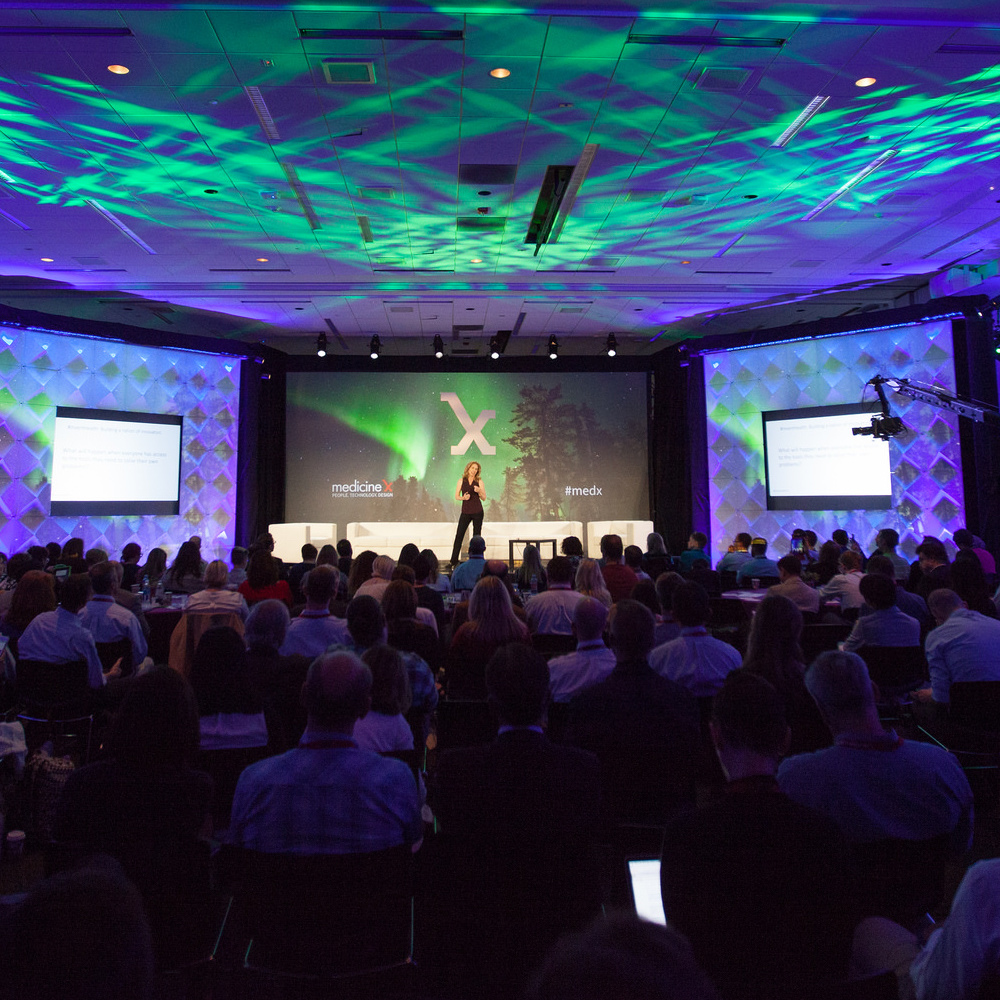
It seems like forever-ago that I delivered this keynote at Stanford Medicine X. Innovators are facing even more significant challenges than I could have imagined back in September 2016. And yet I still believe we live in a time of abundant opportunity to connect with people who want to work toward a participatory, innovative future for health and health care.
Three signs of hope and progress:
- OpenNotes is gaining ground.
- Medical mysteries are being solved after years of searching.
- The FDA chose Tidepool, an open-source, diabetes community-led organization, as one of only nine organizations to participate in a new digital health pilot program.
What signs do you see? What is giving you hope? Please share in the comments.
I just stumbled across @JohnNosta’s Forbes post a month ago that the AliveCor (Kardia) smartphone EKG had a big win in the literature – an article in the prestigious Circulation. The REHEARSE-AF study showed that AliveCor users quadrupled the rate of detecting atrial fibrillation, compared to usual primary care. (Press release)
Thanks for noting the Tidepool story. It whizzed past while I was traveling and hadn’t let it sink in. You sure downplayed it – little ol’ open source Tidepool is in the same club as Apple, Fitbit, J&J, Roche, Verily et al??
This trio of things kinda demands a meta-explanation, doesn’t it? What’s the meta-theme here, if there is one? (I have a proposed answer but I don’t want to pollute yours.)
Oooh, I definitely want to hear your meta-theme(s).
All 3 are examples of Let Patients Help (hat-tip to you, my friend). Patients can contribute to their care, to discovery, to improved treatment — if we let them in.
All 3 are also examples of one of my new tag lines: access to information, data & tools = access to power. The more access people have to ways to solve their own problems, the better.
All 3 are examples of how the internet gives us access not only to information, but also to each other, and that deceptively simple insight holds an astonishing amount of power. OpenNotes is a movement that is spreading from person to person, system to system. To finally find a “home in the genetic landscape,” after years of searching, means that Catherine and her family can now contribute and learn from a network of other families. And Tidepool is built on the principle that people with diabetes should be able to share data with anyone they choose – including with each other.
All 3 are examples of people and organizations who work within the existing regulatory and scientific structure. They are jazz musicians who know the rules and are creating something gorgeous, new, and different.
Susannah,
I have to agree with you and Dave – feels like we are at a tipping point and good to see that some of it is also open source and directly engaging consumers.